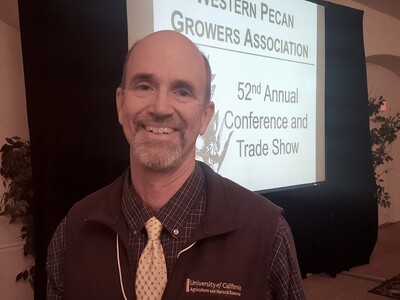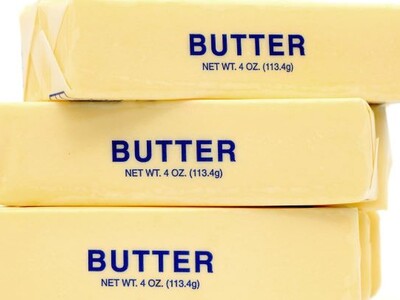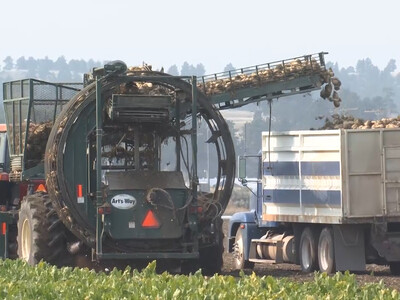Microirrigation
Howard Neibling has worked on a multi-state irrigation research project for 22 years and his goal is improving irrigation efficiency on farms and ranches.Amongst other things, he uses microirrigation to boost corn silage production. Microirrigation, which uses tubing to apply water directly to the soil at the crop's roots, boosted production over center pivot irrigation. Yield increased to 32 tons per acre from 28 tons. The water required dropped by 10 to 15 percent. The tubing is so thin that it collapses when water pressure is not being applied. Under these conditions Neibling refers to the tubes as tape. The advantage for dairy operators and those growing feed for them is the tape can be applied to irregularly-shaped fields that are not suitable for center pivot irrigation. Tape can also be used on the corners of pivot-irrigated fields that normally produce less becausethey can be difficult to water. Neibling's work helps ranchers improve water-use efficiency on irrigated pastures, hay fields and all of the state's irrigated crops. He works with the Anheuser-Busch global sustainability campaign by helping barley growers increase water use efficiency.














